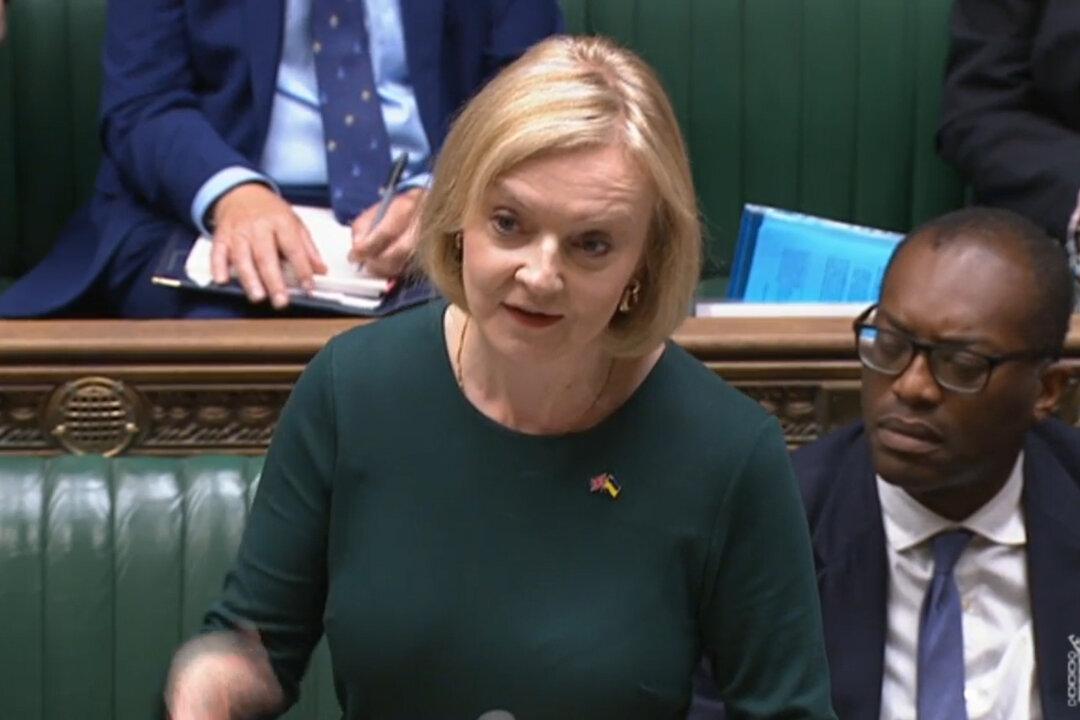The price of a typical British household’s energy bill will be capped at £2,500 a year for the next two years, UK Prime Minister Liz Truss announced on Thursday as part of a package to tackle the cost of living squeeze.
It’s unclear how much the package will cost, but it was estimated to run between £100 billion and £150 billion, which will be paid for out of Treasury funds and by borrowing.





